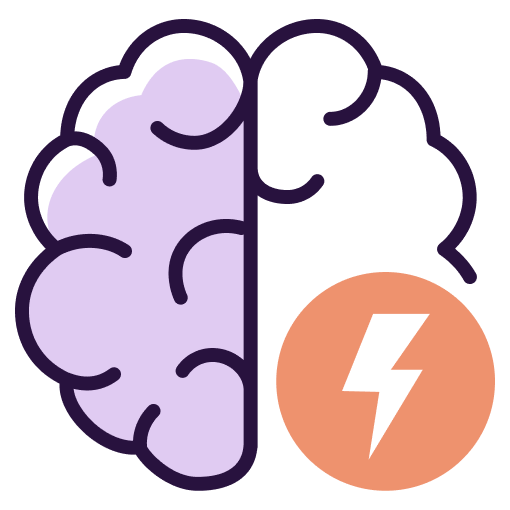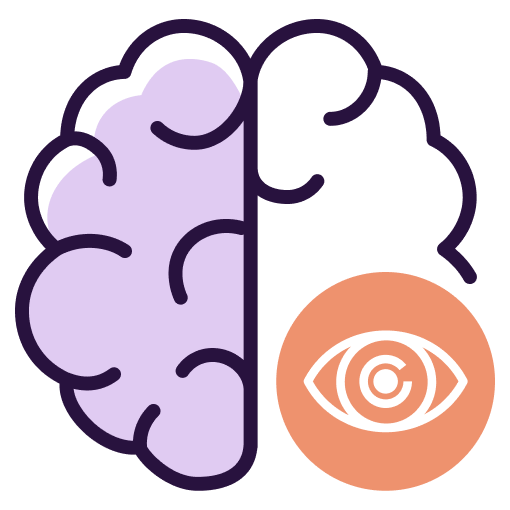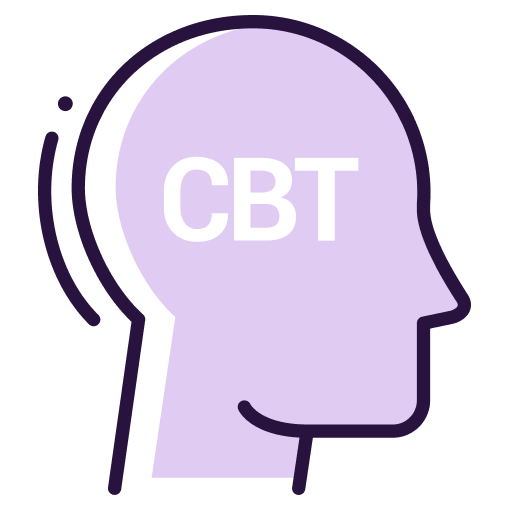Complex Trauma
Understanding Complex Trauma
Complex trauma typically occurs in situations where individuals are subjected to prolonged abuse, neglect or violence. Examples can include childhood physical, sexual or emotional abuse, domestic violence, human trafficking, war or political violence, and living in chronically unsafe or unstable environments.
What sets complex trauma apart from other forms of trauma is its repetitive nature and the interpersonal context in which it occurs. The trauma is often inflicted by people with whom the individual has close relationships, such as family members or caregivers. This betrayal of trust and the chronic nature of the trauma can have a profound impact on the individual’s sense of safety, identity and relationships.
Symptoms of Complex Trauma
Complex trauma can manifest in various symptoms and difficulties that affect an individual’s emotional, psychological and physical well-being. It’s important to note that each individual may experience trauma differently, and the symptoms can vary in severity and duration. Here are some common symptoms associated with complex trauma:

Emotional Dysregulation
Individuals with complex trauma often struggle with regulating their emotions. They may experience intense and unpredictable emotions, have difficulty managing anger or frustration and may be prone to emotional outbursts or emotional numbness.

Flashbacks & Intrusive Memories
Flashbacks and intrusive memories are common symptoms of complex trauma. Individuals may re-experience traumatic events as if they are happening in the present, leading to distress and a sense of being overwhelmed.

Hypervigilance
People with complex trauma may be in a constant state of heightened alertness and hypervigilance. They may always be scanning their environment for potential threats, which can lead to difficulties relaxing, sleeping or feeling safe.

Difficulty Trusting Others
Complex trauma often involves betrayal or abuse by trusted individuals, leading to significant difficulties in trusting others. Individuals may struggle to form close relationships, maintain healthy boundaries and may have an inherent mistrust of others.

Avoidance & Dissociation
Individuals may try to avoid situations, people or places that remind them of their traumatic experiences. Dissociation, a coping mechanism that involves disconnecting from one’s thoughts, feelings or sense of self, can also occur as a way to escape from the overwhelming emotions associated with trauma.

Negative Self-Perception
Complex trauma can erode an individual’s self-esteem and self-worth. They may have a negative self-image, experience feelings of shame or guilt and may blame themselves for the traumatic events they have endured.

Physical Symptoms
Complex trauma can manifest in physical symptoms such as headaches, gastrointestinal issues, chronic pain and other stress-related physical ailments.

Substance Abuse & Self-Destructive Behaviors
Some individuals with complex trauma may turn to substance abuse or engage in self-destructive behaviors as a way to cope with their emotional pain.
Therapeutic Approaches
IFS
Internal Family Systems (IFS) is a therapy that explores the different parts of an individual’s internal system, helping individuals identify and work with the different aspects of their personality. This approach can help individuals develop self-compassion, heal internal conflicts and foster integration and harmony within themselves.
EMDR
Eye Movement Desensitization and Reprocessing (EMDR) is a therapy that utilizes bilateral stimulation, such as eye movements or hand taps, to help individuals process traumatic memories and their associated emotions and beliefs. EMDR aims to reprocess traumatic experiences, reducing distress and promoting adaptive resolution.
DBT
Dialectical Behavior Therapy (DBT) is a therapy originally developed to treat borderline personality disorder but has proven effective in addressing complex trauma. It incorporates mindfulness, emotion regulation, distress tolerance and interpersonal effectiveness skills to help individuals manage intense emotions and develop healthier coping strategies.
TF-CBT
Trauma-Focused Cognitive Behavioral Therapy (TF-CBT) is a structured and evidence-based therapy that focuses on helping individuals process and cope with traumatic experiences. It combines cognitive-behavioral techniques with trauma-specific interventions to address distorted thoughts, emotions and behaviors related to the trauma.

Somatic Experiencing
Somatic Experiencing (SE) is a body-oriented therapy that focuses on helping individuals release and regulate the physical and emotional effects of trauma. It emphasizes tracking bodily sensations, promoting self-awareness and facilitating the completion of incomplete trauma responses to support healing.

Sensorimotor Psychotherapy
Sensorimotor psychotherapy combines talk therapy with body-centered techniques to address trauma-related symptoms. It focuses on helping individuals develop awareness of bodily sensations and movements, as well as renegotiate and resolve trauma-related physiological responses.
Healing from complex trauma requires specialized therapeutic approaches that address the unique needs and challenges faced by individuals who have experienced prolonged and severe trauma. It’s important to note that therapy should be tailored to the individual’s specific needs and preferences. An assessment and developing a personalized treatment plan that may involve a combination of these therapies or other approaches to best support the individual’s healing journey.





